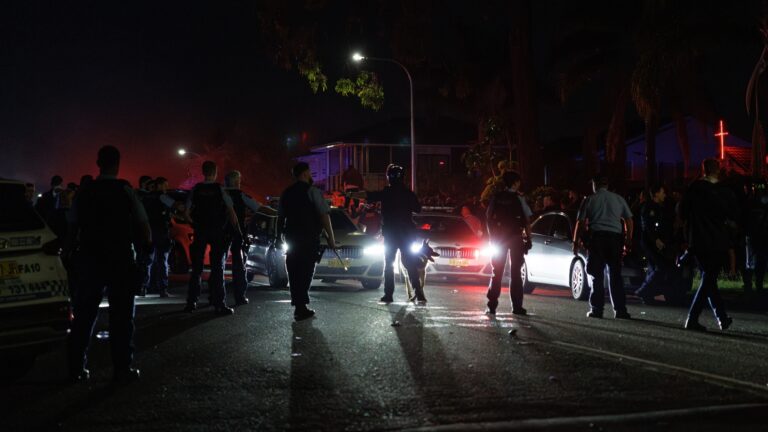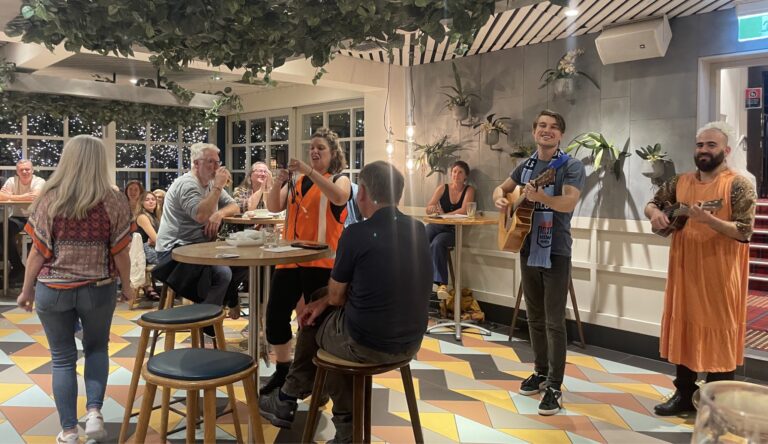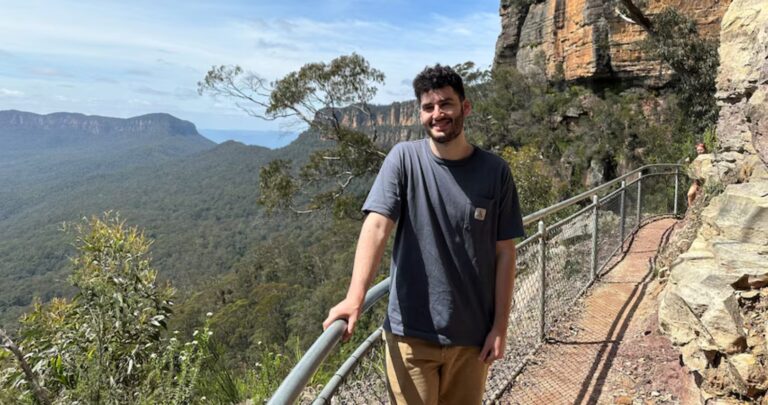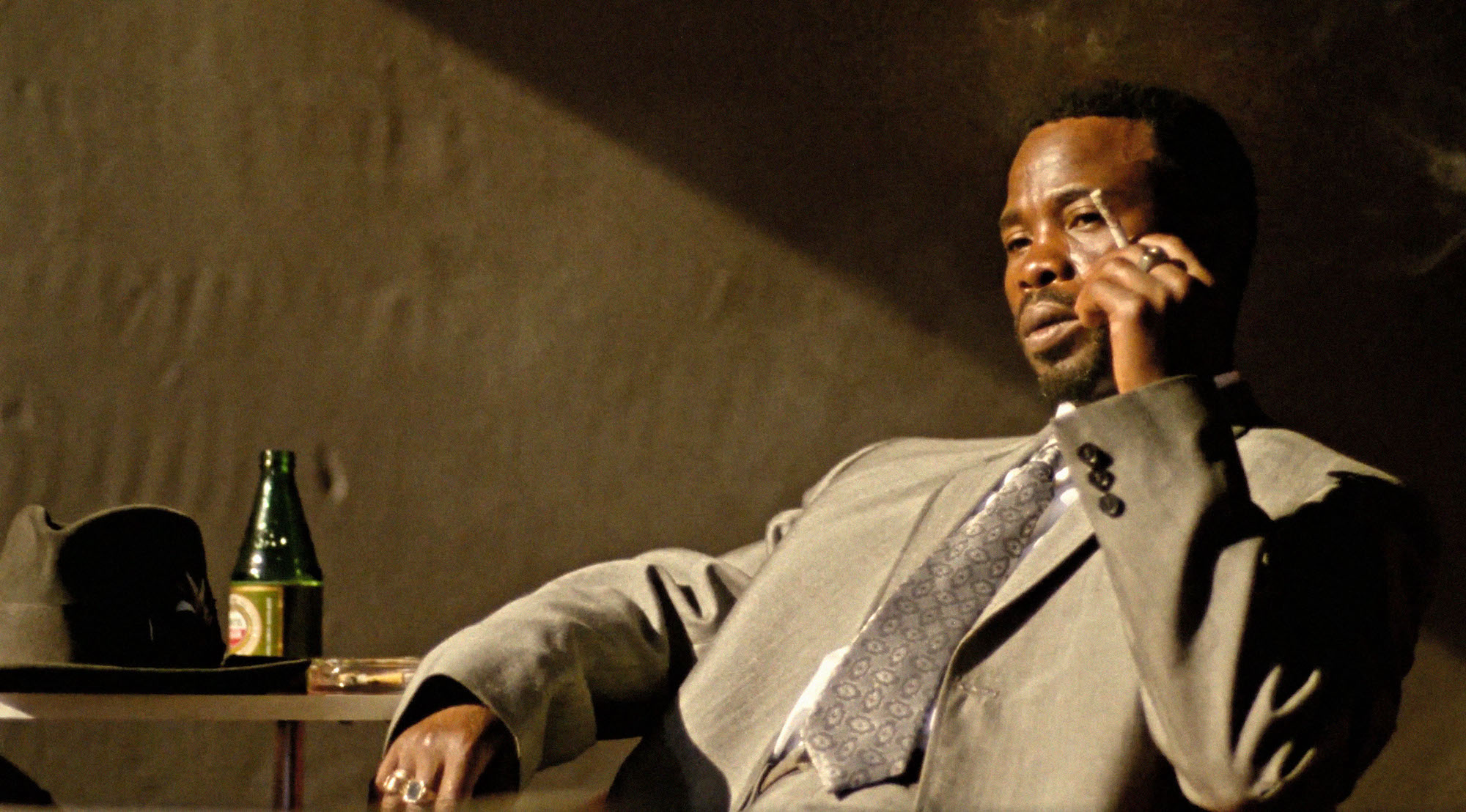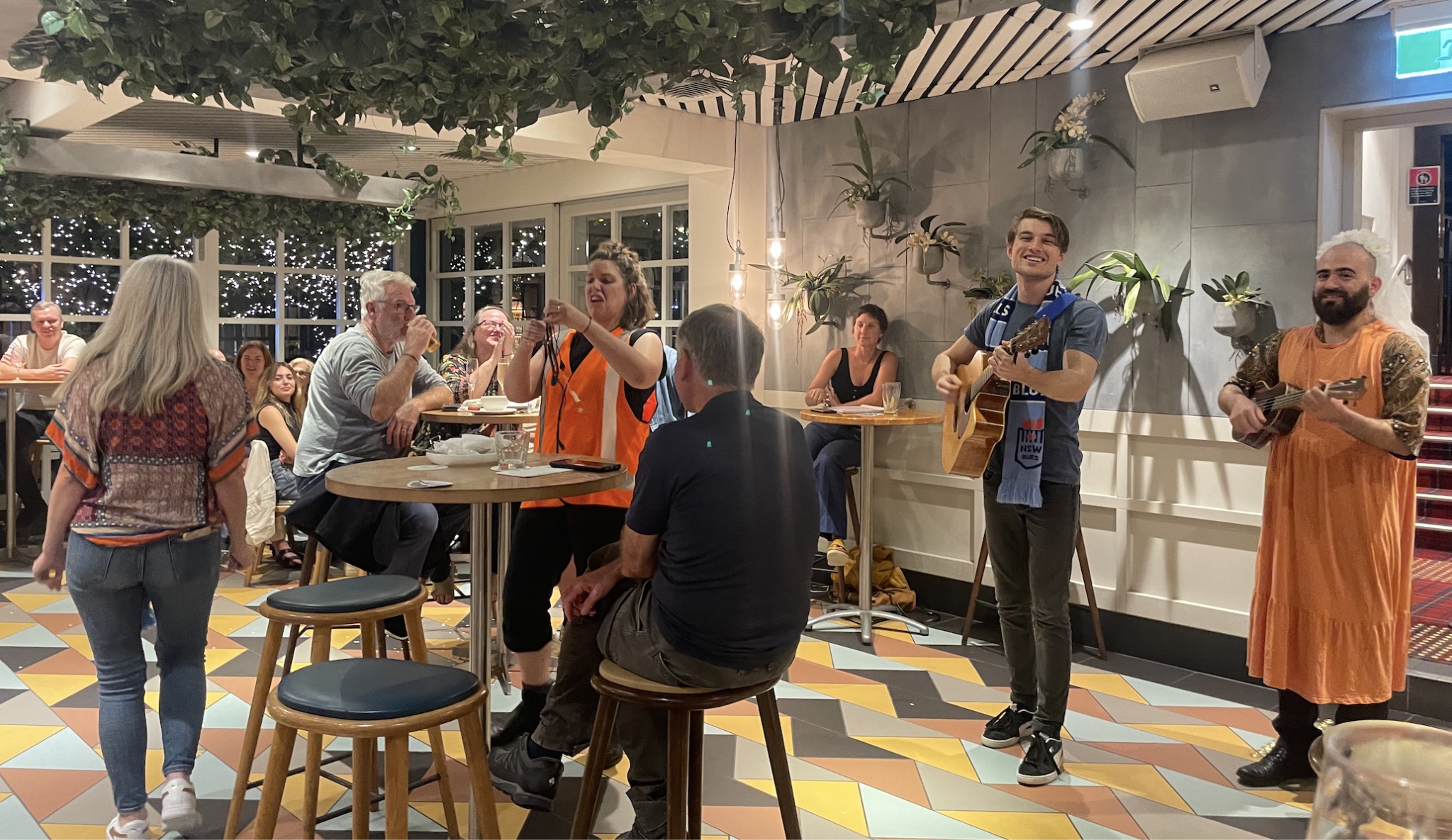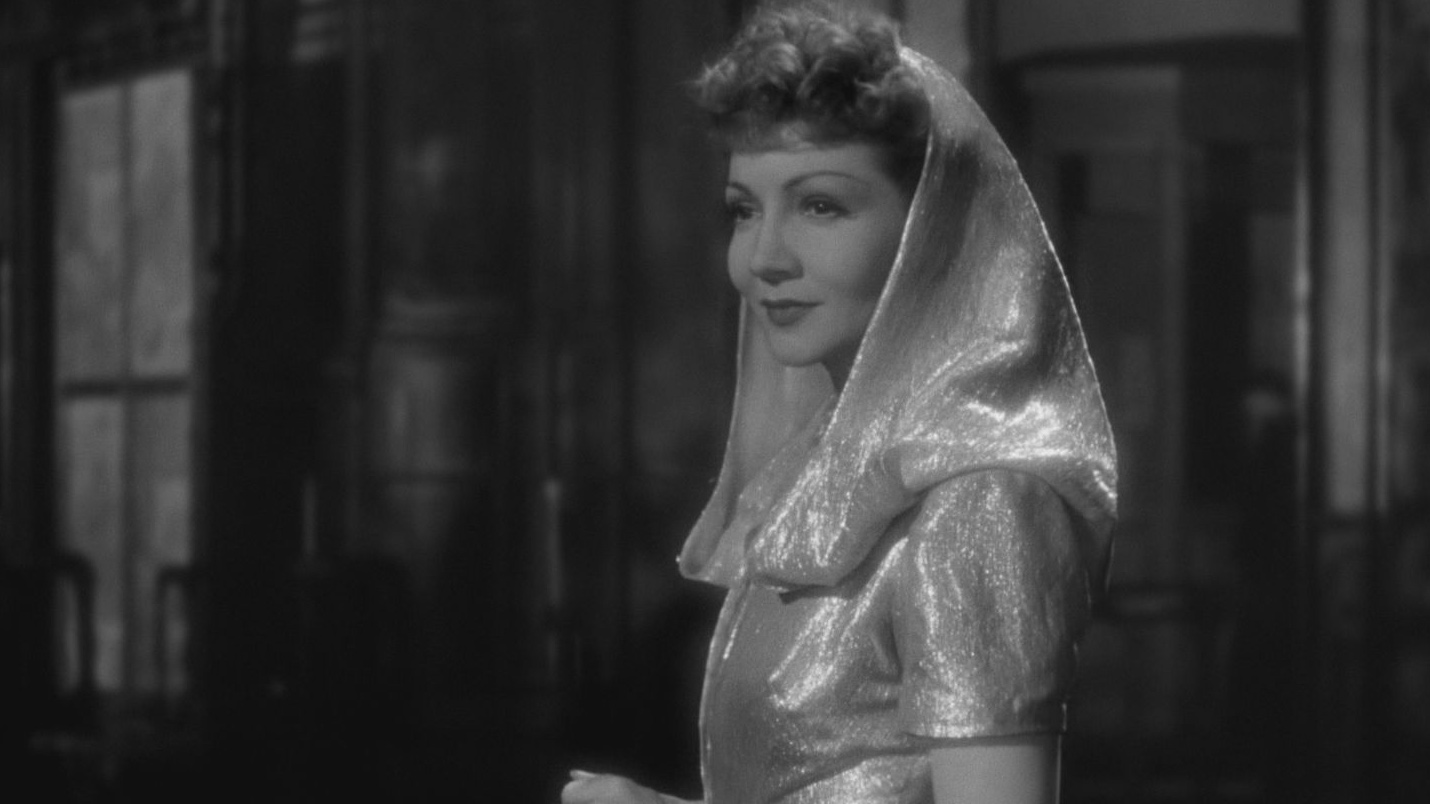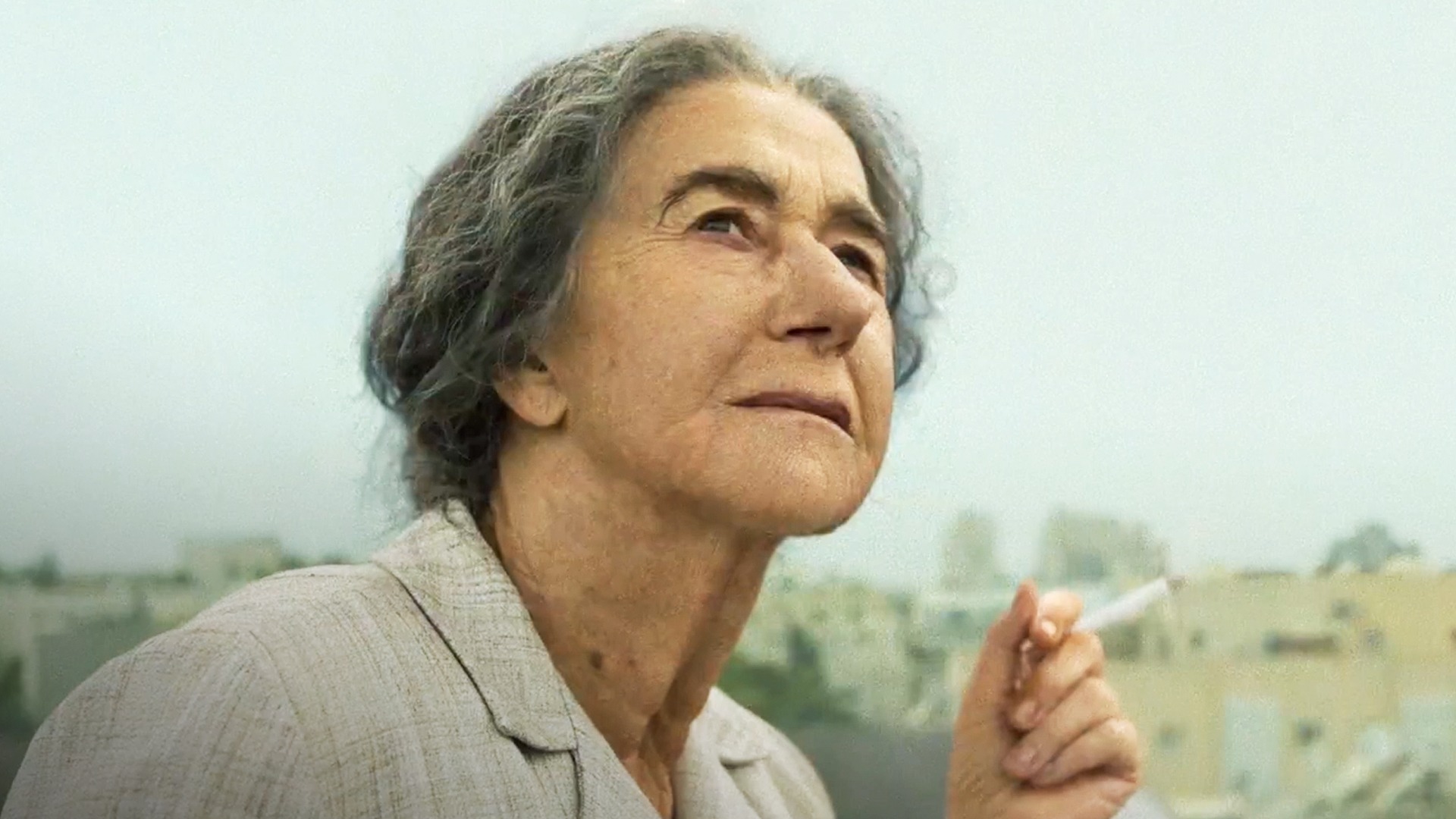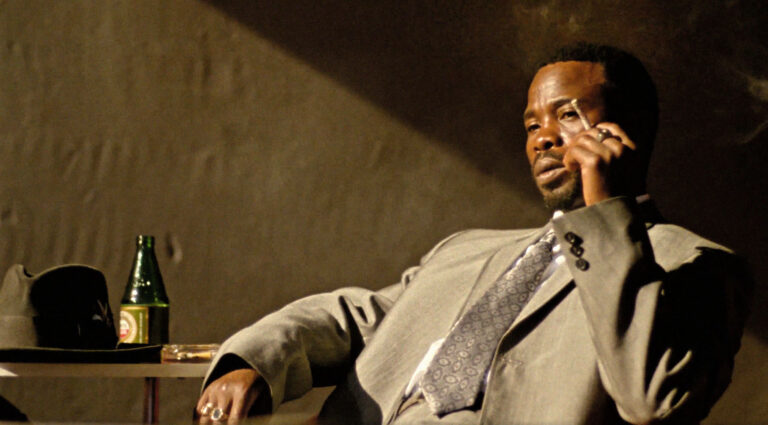
ANZAC Balcony Watch

‘We’re All In This Together’ is the catch cry now on social media and it was the catch cry also for two world wars when families, friends and lovers stood on their front porches or in their front yards to farewell young soldiers in their smart uniforms marching off to war. It was the same when they welcomed them home. In both world wars the situation was global and the future was a giant question mark. Today we are again fighting a global war only this time the ones on the frontline are health professionals, police officers, ambulance drivers, paramedics and people in strange white onesies cleaning up, sterilising and hosing down surfaces, equipment and utensils. For this reason we can’t mark ANZAC Day in the usual way and there has been a major incentive to mark the occasion the way they did way back then. On our balconies, in our driveways and from our front lawns. To mark the dawn service there will be the haunting sounds of the bugle on the radio and the tele. Turn up the music, let the sound of heroes tribute float through the air on a magic note of hope for mankind and for humanity. If you play the bagpipes play them for all to hear. If you have a torch or fairy lights or outdoor lamps turn them on and light the footpaths in solidarity.
Never before has our generation or those coming up after us had to face anything remotely similar to the feelings those families must have gone through. Now, like them, we are having to ration our food, we are facing long unemployment queues, we are facing mass fear and uncertainty. We may say fighting a disease is nothing like fighting against nations who are trying to take over our country and destroy our way of living but that is precisely what this virus is doing. Maybe now we all have a different and hopefully clearer understanding of the hardships previous generations have gone through to keep us safe, secure and sound.
“It is vital that we stay true to our values of mateship and camaraderie,” said Ray James, acting President of the RSL NSW. Yet our Indigenous people are not permitted to fly the Aboriginal flag at the service. There were thousands of Indigenous soldiers who went off to fight alongside. They thought that they and their families would be better treated when they returned home. The RSL, at that time, would not even let them into the clubs. In a way they were the first victims of ‘Social Distancing.’ So spare a thought for these brave men and women too. Maybe a didgeridoo wouldn’t be out of place to ring through the break of a new dawn and the rising of the sun.
There were women in World War I and II as well who fought wars on the homefront becoming factory amunitions workers, pilots, code breakers, ambulance drivers for The Red Cross and nurses on the front line. They even took over in the sporting arena as in the film A League Of Their Own. Yet at the end of the war their work was generally not acknowledged and as soon as the men came home they faded back into the distance. Many of the ‘Old People’ in our nursing homes know what it is we are feeling and it is important that we respect the roles they have played in their youth. They went through horrors of at least one world war, the Spanish flu which killed thousands all over the world straight after WWII and personal loss and heartbreak that we, even now, would find hard to imagine.
In New South Wales’ Little Italy, Leichhardt, there is a statue of Florence Nightingale (The Lady Of The Lamp) standing on top of the obelisque war memorial on which the names of many soldiers from that locality are inscribed. The memorial stands proudly in Pioneer Park which was once a cemetary. At least 200 of our brave young diggers were buried there beneath the lines of poplars, the rose gardens and the mini pine forest. Nightingale was an English nurse who looked after sick and dying soldiers during the Crimean war and was known as The Lady Of The Lamp because she would carry a lamp during her night rounds. It was Nightingale who first realised the power of germs to take over the body when the immune system was down. She spread word of her findings through her actions and through her many journals and started up nursing schools everywhere even in our own Sydney Hospital the nurses followed her doctrines of hygene first and this changed the course of medical treatment for the weary and the wounded everywhere. In fact it is Nightingale’s doctrine we are all following now with frequent washing of hands and social distancing to prevent infection. In effect her war is our war. So when we stand on our balconies or lawns, alone, with family or with a friend or partner, practicing social distancing, keep the beautiful, peaceful image of Florence Nightingale shining her lamp through the darkness and know that we too will survive and life will go on.
By Renee Lou Dallow
